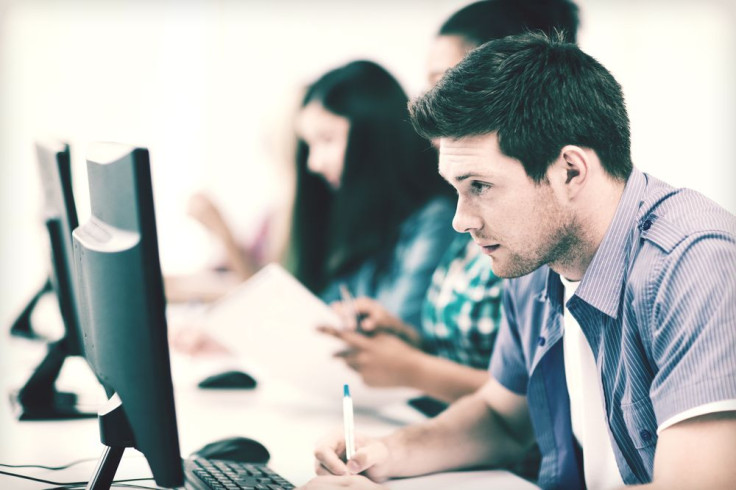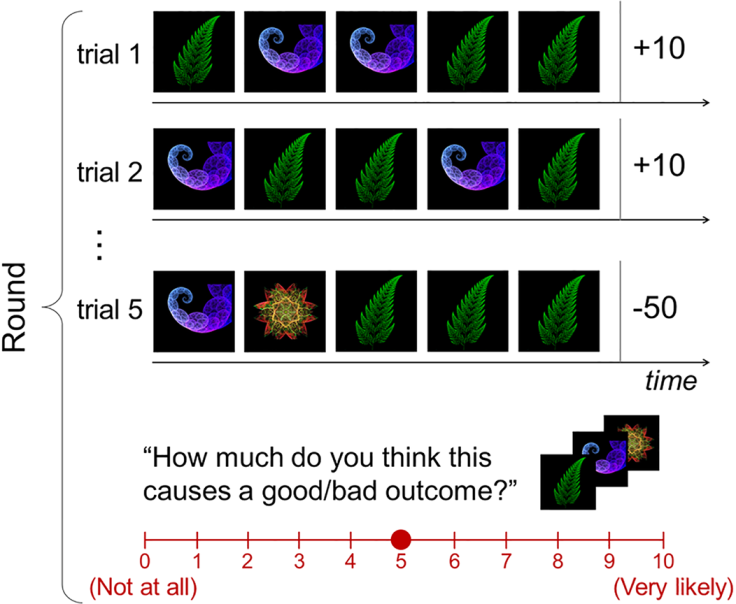How We Learn Quickly: Prefrontal Cortex Turns To Another Brain Region For Help

You meet someone new who treats you badly, so you never go near that person again — this is an example of one-shot learning. A new Caltech study focuses on these moments in order to understand the bigger picture of how the brain processes information. When we feel uncertain, our brains predict the need to learn quickly and will switch modes in order to quickly link two things together as stimulus and result, the researchers say.
Most of the time, we learn incrementally — seeing repeated connections between actions (stimuli) and results, we gradually begin to associate the two. But in exceptional circumstance, we immediately link a stimulus with an outcome in one shot. Though scientists suspect gradual learning involves a different brain system than one-shot learning, they do not understand why and how the brain switches systems in each given circumstance.
The Caltech researchers began their study with the hypothesis that uncertainty about the relationship between a stimulus and an outcome is what triggers the change in the rate of learning — and so instigates a swap between brain systems. As the Caltech team sees it, then, the brain first predicts and then turns on the one-shot learning system.
The brain actively chooses how it will learn, in other words.
Advance Predictions
To investigate their theory, they designed a study using a behavioral task and brain scans. The researchers recruited 47 participants, who were shown a series of images on computer screens. Following this, the screens displayed either a positive or negative number (representing a monetary amount). Participants rated how strongly they thought each image and monetary amount were linked, and, over the course of the study, some images appeared repeatedly, while others appeared only once or twice.

As time passed, the participants learned to associate some of the images with particular outcomes — incremental learning. At other times, the participants linked an image and an outcome after a single pairing — one-shot learning. Meanwhile, the scientists scanned and monitored the brains of some of the participants using an MRI.
Looking at the scans, the researchers discovered the handiwork of the ventrolateral prefrontal cortex (VLPFC).
As they describe it, uncertainty (between stimuli and outcome) was encoded in this brain region, and based on the VLPFC’s sense of uncertainty, this brain region would predict the need for one-shot learning and turn to the hippocampus for help.
In short, the scientists say the ventrolateral prefrontal cortex couples with the hippocampus, as needed, to trigger one-shot learning. Even more, this coupling between the VLPFC and the hippocampus is either all or nothing.
“Like a light switch, one-shot learning is either on, or it's off,” Dr. Shinsuke Shimojo, Caltech's Gertrude Baltimore Professor of Experimental Psychology, said in a press release.
Generally, the hippocampus is involved in the processing of episodic memory — our naturally acquired memories of experiences and events. Episodic memory is autobiographical, with the entire context and emotional charge of an event being recalled — and not just the bare facts. Meanwhile the ventrolateral prefrontal cortex remains more mysterious to scientists. This new study brightens the darkness.
"Now, we might cautiously speculate that a significant general function of the ventrolateral prefrontal cortex is to act as a leader, telling other parts of the brain involved in different types of behavioral functions when they should get involved and when they should not get involved in controlling our behavior," said Dr. John O’Doherty, professor of psychology and director of the Caltech Brain Imaging Center.
Source: Lee SW, O’Doherty JP, Shimojo S. Neural Computations Mediating One-Shot Learning in the Human Brain. PLOS Biology. 2015.



























